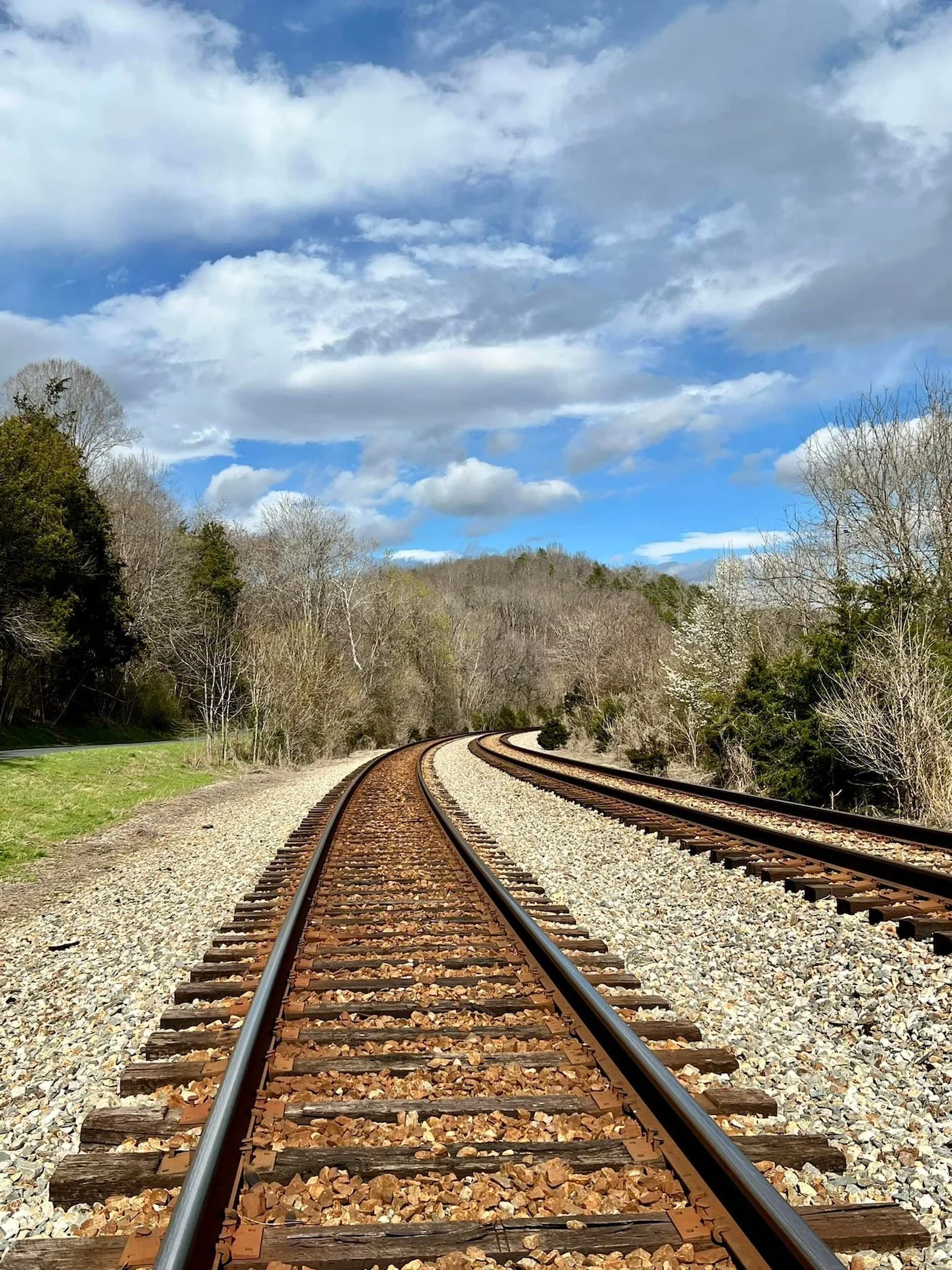How to Handle Regret
Photo by Anna Bass
“We don't receive wisdom; we must discover it for ourselves after a journey that no one can take for us or spare us.”
~ Marcel Proust
This week several friends have expressed regret about how they acted in the past, whether it was not understanding their parents better when they cared for them in their senior years, or not having had better parenting skills when their kids were younger.
Regret and remorse are closely related feelings that often go hand in hand. Let’s take a look at their meanings:
Remorse is distress related to how we handled something in the past—a sense of guilt for wrongs we’ve committed.
Regret involves sadness or disappointment—a wish related to a now-lost opportunity to do something differently, especially if the consequences of our decisions were unfavorable or caused pain to others.
Both are uncomfortable feelings to sit with; they make us feel bad about ourselves and powerless to do anything about it.
Life does not give us the chance to go back and redo what’s already been done.
Perhaps in the past we were impatient rather than fully present. Or we blamed others instead of guiding them from a place of empathy. Or we didn’t set appropriate boundaries with them.
We can see it all so clearly now.
We’ve acquired so much knowledge that would have been useful when we were young adults. It’s frustrating, and we wish we could turn the clock back. For me, the most helpful piece of advice I’ve heard on this topic is Maya Angelou’s popular quote “I did then what I knew how to do. Now that I know better, I do better.”
In other words, we did the best we could at that time.
The older we get, the easier it is to tap into the “Youth is wasted on the young” mentality espoused by the Irish playwright and literary critic George Bernard Shaw.
Despite how we may feel about it, Mrs. Crossley, a teacher at Wychword School in Oxford, UK, makes the argument that that’s precisely how it’s supposed to be. She says “Youth is a blessing and at its best should be the one time in life when a child is relatively free of responsibilities, free to explore, free to experiment (within reason), free to live without too much anxiety for the long term.”
Early on in our lives we don’t realize the importance of so many universal truths. Youthful experimentation allows us to acquire the wisdom we now embrace. As frustrating as it might be, it is through our mistakes that we learn, over time, in a cumulative fashion. The speed can vary from person to person, but the progression is similar.
It cannot be any other way.
This article summarizes the work of Dr. Robert Kegan, a former Harvard psychologist, who describes five stages of adult development. Just as babies have to crawl and walk before they can run, he suggests that we continue to develop in a predictable way over the course of our adult lives. A surprising number of us get stuck at Stage 3, where we “still lack an independent sense of self because so much of what we think, believe, and feel is dependent on how we think others experience us.”
Those who are able to transition to Stages 4 and 5 develop an internal sense of direction and the capacity to create and follow their own course. As a result, they begin to have “authorship” of their lives, realizing that they are free to change and redefine who they are as needed.
In middle age, seekers (like us!) begin to review our lives and make judgments about how we’ve done. This is where the regret comes in. But much as we would like it to be different, we can’t know until we know.
Given the reality that our wish for “do-overs” is an impossibility, how are we to deal with the feelings of regret for not having understood something sooner? Here are some suggestions from previous posts that may help:
-Realize that we all make mistakes or errors of judgment when we don’t know any better.
-Have compassion for yourself for what you didn’t understand back then.
-Apologize to those who were affected by your lack of experience.
As Nancy Candea says in her comforting post on this topic, “Wholehearted living is accepting ourselves with all the mistakes that we have made. She continues, “If we can process our regrets with tenderness and compassion, we can use these hard memories as a part of our wisdom bank.”
It is only because we have acquired such self-awareness in our later years that we are able to look back and wish we could apply the many lessons we’ve learned to situations that occurred earlier in our lives.
If we choose to see regret as a positive indicator of our growth and development, we can look at it in a more favorable light, which may help to ease our pain a bit.
There’s an action word that can help us combat our powerlessness and provide an additional antidote to our uncomfortable feelings: release. As we move forward, after we’ve processed them, we can release our feelings of regret. When we decide to leave the past in the past, we can free up more emotional energy, which can only benefit our relationships in the future.
To my friends who are suffering, try to be good to yourselves. You’re right on track for where you’re supposed to be at this stage of your journey!
Affectionately,
Elaine

